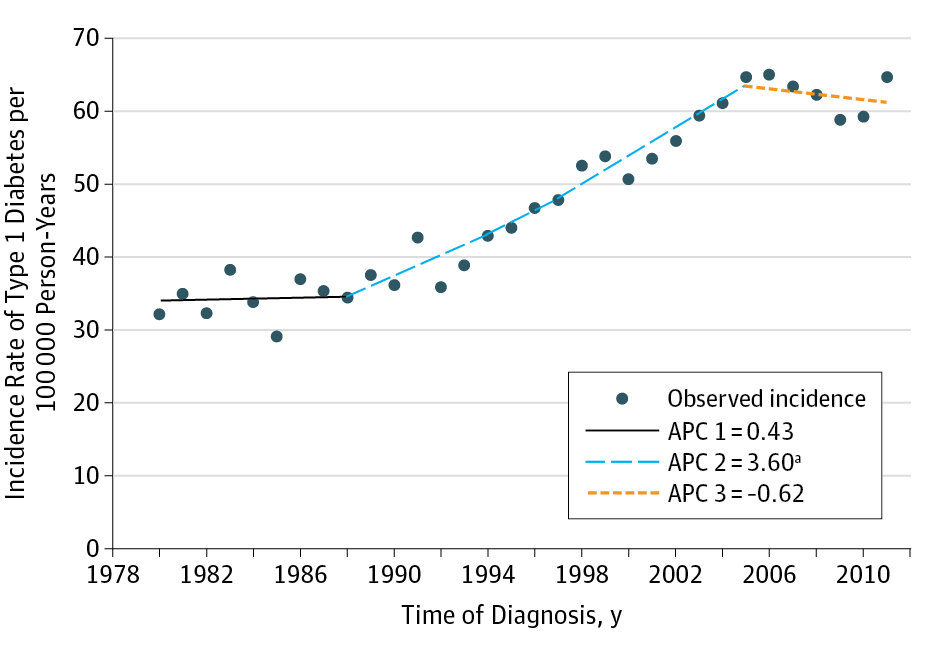The Microbiome Strikes Again

The human digestive tract hosts a community of trillions of microbes—called the microbiome—that play an important role in our immune system, and Ramnik Xavier, M.D., is an expert. Funded in part by JDRF, Dr. Xavier and his team are taking part in the DIABIMMUNE clinical trial, which follows microbiome development from birth until age three in Finland, Estonia and Russia.
Early-onset autoimmune diseases are common in Finland and Estonia, but are less prevalent in Russia. Compare Finland with its Russian border: Finland has the highest rate of type 1 diabetes (T1D) in the world, with approximately 60 children per 100,000 developing T1D, as opposed to the Russian border, which has one-sixth as many children progressing.
Dr. Xavier found that Finnish and Estonian infants have a distinct early microbiome compared to Russian infants. Furthermore, he found several bacteria that were highly abundant in Finland and Estonia and that these produce factors that inhibit the immune system, possibly contributing to the development of T1D.
Now, he has a publication that keys in on a specific group of these microbes: Bifidobacterium.
In a paper published in Nature Microbiology, scientists found that Bifidobacterium infantis (B. infantis) is only present in 10 percent of Finnish infants. This is alarming, for B. infantis generates a type of substance that stimulates pancreatic beta cell function. The study researchers think that not having B. infantis may lead to inflammation-favoring microbes, which can lead to microbiome dysfunction and, eventually, to T1D.
“The Finnish group having the least prevalence of B. infantis is fascinating, given the fact that Finland has the most T1D cases in the world,” said Jessica Dunne, Ph.D., the lead of the JDRF Prevention Program. “We aren’t convinced, yet, that B. infantis is a major culprit, and we’ll need more research to find out, but it is an appealing hypothesis.”
Plans for a next step could include a clinical trial to restore B. infantis microbiota early in infancy. If successful, we found a possible way to prevent or delay childhood-onset T1D, at least in a subset of people. That would be great for the 64,000 people who, at present, are diagnosed with T1D in the United States alone each year.
Go here to learn more about our prevention efforts and how we are working to halt the disease entirely.